Ancient Greece, Egypt, Sumeria & the Aztecs
The Nuffield Primary History project developed a range of approaches and techniques for doing history with children, between and 1991 and 2009. The resources produced by the project are all real lessons which have been taught by real teachers. They include guidance on teaching and examples of children's work. Many of the lessons have been developed by teachers as part of their continuing professional development. A narrative style was used to describe the lesson and what happened. Read more
-
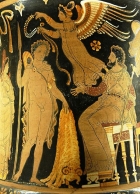
Teaching the Ancient Greeks: an introduction
ArticleClick to view -
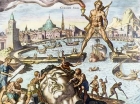
Citizenship in Ancient Greece: case study
ArticleClick to view -
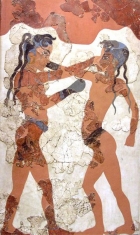
Visual image: boxing boys fresco from Ancient Greece
ArticleClick to view -
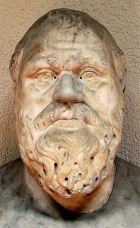
Storytelling: Socrates, Alcibiades, and Athenian democracy
ArticleClick to view -
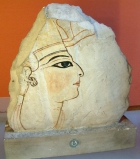
Ancient Egypt
ArticleClick to view -
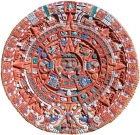
Aztec Experience
ArticleClick to view -

World Study lessons
ArticleClick to view -

Pyramid building
ArticleClick to view -
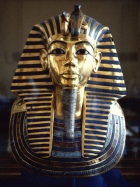
The Tomb of Tutankhamun
ArticleClick to view -
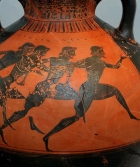
Olympic Games
ArticleClick to view -
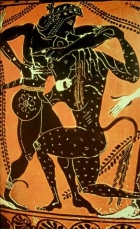
Theseus and the Minotaur
ArticleClick to view -
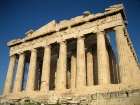
A European Study: Ancient Greece
ArticleClick to view -
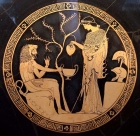
Ancient Greek Myths
ArticleClick to view -
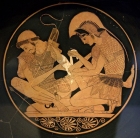
The Iliad
ArticleClick to view -
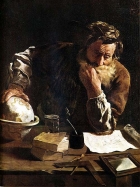
Ancient Greek Ideas: Science
ArticleClick to view -
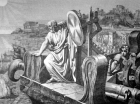
Archimedes and the Syracusan War
ArticleClick to view -
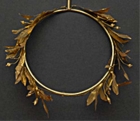
Archimedes and the Kings Crown
ArticleClick to view -
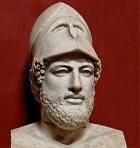
Ancient Greek Government at KS2
ArticleClick to view -

Sumerian history through story-telling and expressive movement
ArticleClick to view

